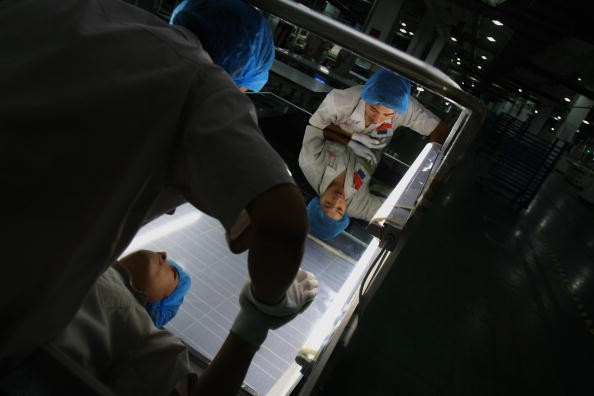With climate change continuing to threat global ecosystems, China's investment in green technology increasingly appears as a strategic move for the country. That, apart from the fact that the U.S. under President Donald Trump is stepping back from its global commitments.
Trump, an avowed critic of climate change who called it a "Chinese hoax," promised to retract the U.S. from the Paris Agreement, as well as undo any progress on carbon emissions reduction done under the previous administration. Such is in line with his "America First" policy of prioritizing domestic industries.
Notwithstanding that, China looks set to gain incentives from the U.S.' withdrawal from anti-climate change efforts. Apart from the fact that the Chinese government looks to improve its citizens' quality of life, the country's green efforts can produce generous economic and political benefits, said Brink News.
Economic gains from mitigating climate change looks forthcoming for China, given the pace of current efforts in which green technology in the country is prospering. Authorities have given subsidies and tax incentives to those who produce and purchase electric cars, an effort set to curb smog in large cities.
China's growing middle class - an inevitable result of the country's rapid economic boom as of late, has become more lenient towards paying more for renewable energy. That creates an even greater economic incentive for green technology producers to ramp up their efforts.
Politically speaking, China can take advantage of its focus on green technology by improving its highly vilified image in the international sphere. By showing a caring side through improving quality of life, the country can build its legitimacy in leading the rest of the world against climate change in place of the U.S.
Moreover, China can use its massive green technology investments as a bargaining chip for promoting global efforts to fight climate change, against the U.S.' current journey towards protectionism. That alone can win the country favors globally by strengthening its soft power, notwithstanding U.S. free ridership.



























